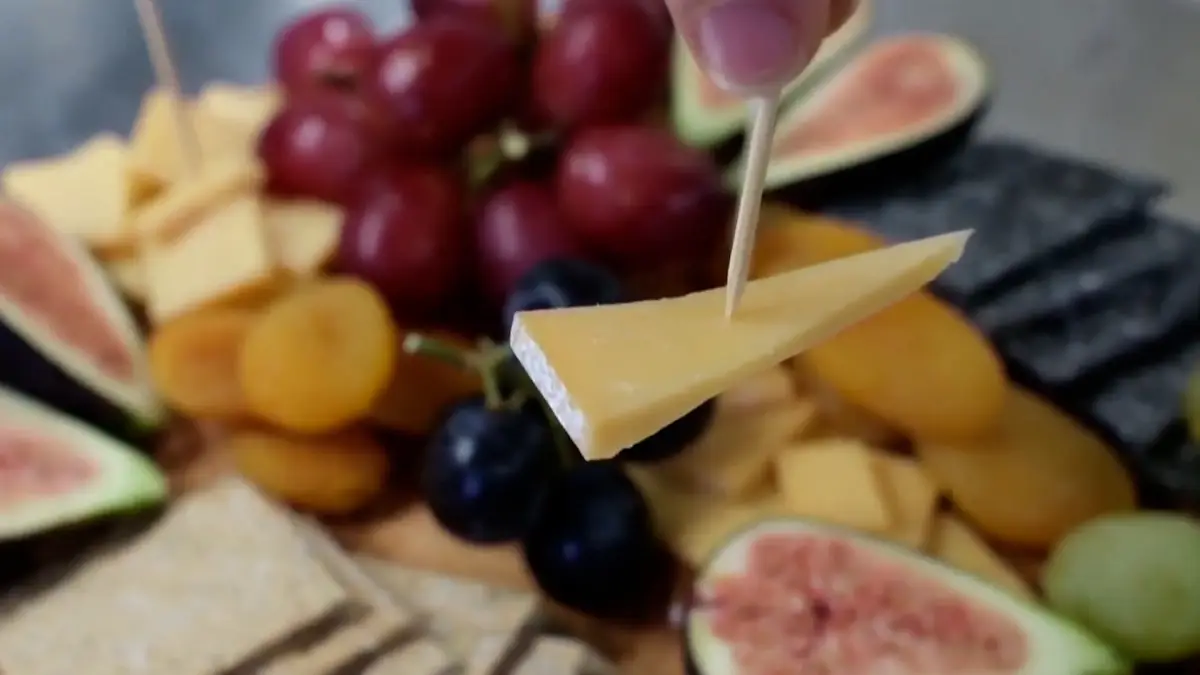From Lab to Plate
In an understated facility in Stratford, east London, Better Dairy is crafting cheese without any udder involvement—a product it claims rivals conventional dairy in taste and texture. This approach uses precision fermentation, where yeast is engineered to produce casein proteins typically found in milk. Once harvested, the casein is combined with plant-based fats and processed traditionally. Unlike most vegan cheeses, which rely heavily on nuts or coconut fat, Better Dairy adjusts the plant fat blend to remove off‑notes and mimic real cheese closely.
Despite lab-grown innovation, consumer dynamics remain complex. According to the Agriculture and Horticulture Development Board (AHDB), UK plant-based cheese sales dropped 25.6% in early 2025, while cow’s cheese rose 3%. Price sensitivity and fear of ultra-processed foods are cited as primary concerns. Yet some experts argue that a “silent revolution” is underway, with products like Those Vegan Cowboys targeting convenience foods—pizza and burger toppings—to gain traction without major consumer resistance.
Global regulation will shape these products’ trajectories. In the EU, lab-made cheeses are considered “novel foods,” delaying market entry by several years. Those Vegan Cowboys plans a US launch this year, followed by Europe; Standing Ovation, a French firm, targets US shelves in 2026 and Europe by 2027. In Stratford, Better Dairy is building towards an affordable artisanal price point in three to four years, aiming to undercut grocery-store dairy eventually.
Taste Test Results
Having sampled Better Dairy’s aged cheddars—from three to twelve months—the flavor closely matched traditional versions. Younger cheddars were slightly rubbery; older ones had a more pronounced saltiness. On burgers, the melt was impressive. Founder Jevan Nagarajah envisions working with artisanal cheesemakers to further refine supply chain flavor using their non-dairy casein base.
All three firms are forging alliances to ramp up production and reduce costs. Better Dairy collaborates with small-scale cheesemakers; Standing Ovation has partnered with Bel, known for BabyBel cheese. The underlying question remains—can cultured cheeses match conventional dairy in taste, price, and consumer acceptance? While 40% of vegan cheese trial purchasers didn’t repurchase, the new wave promises to bridge the quality gap.
Health and Environmental Promise
Proponents argue lab-grown cheese offers health benefits—zero lactose, no cholesterol, lower saturated fat—and the ability to avoid ultra-processed elements found in some vegan cheeses. Enthusiasts suggest this could align well with growing consumer interest in sustainable food, potentially offering a cleaner alternative to conventional dairy farming. Cultured cheese is poised at a pivotal moment, blending biotechnology, culinary ambition, and shifting consumer values. The next few years will determine whether lab-grown products truly earn a place at mainstream tables—or remain niche curiosities.



